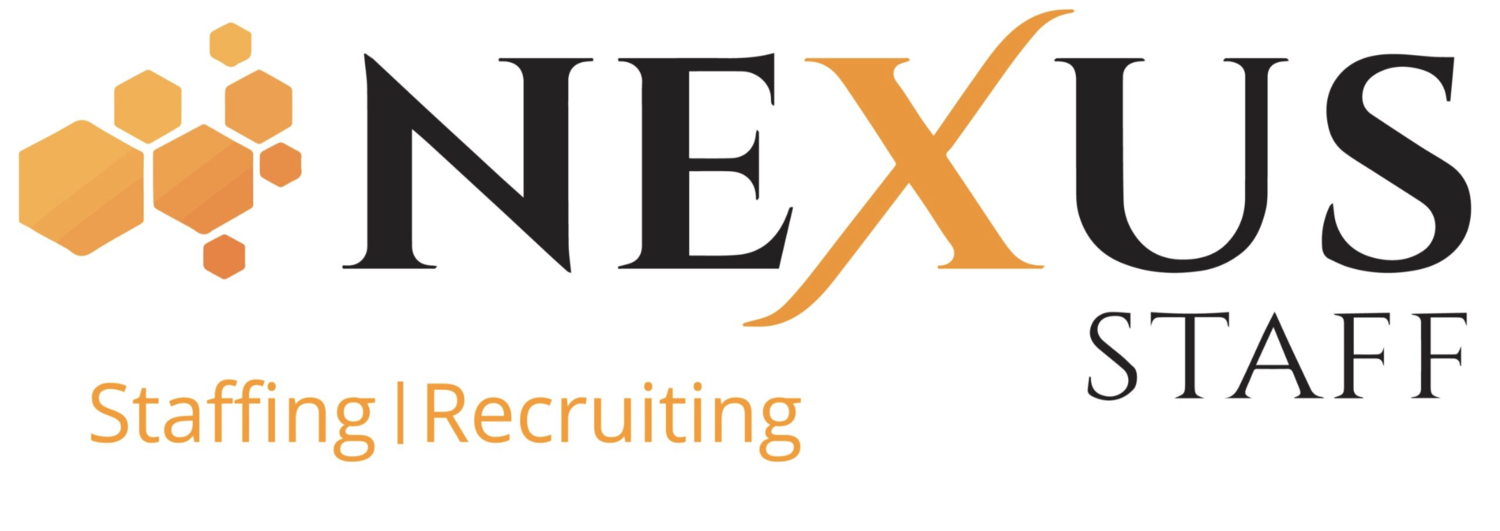Five Ways To Integrate Remote Employees Into Your Company Culture
A positive company culture is essential to any organization to ensure all employees feel welcomed and valued. When employees are not properly assimilated into their company culture, it can have lasting effects on their performance -- from high turnover rates to low engagement levels. For remote employees, feeling a sense of belonging and truly like they are a part of the workplace can be even more important as they may have less chances to build relationships with coworkers or establish a healthy work-life balance.
Despite these possible hardships, the percentage of remote workers continues to rise with a collective 65% of employees across different organizations working remotely or in a hybrid structure. With a majority of employees working out of the office, it’s crucial that organizations are able to incorporate all employees into their culture. That’s why we’ve compiled these five tips on helping remote employees feel included in company culture.
Focus on onboarding
Effective onboarding is key in predicting an employee’s success and their overall view of the organization. For example, a 2018 BambooHR study found 89% of employees that received effective onboarding report feeling strongly integrated into their company’s culture, as opposed to 59% of those who received ineffective onboarding. When employees feel included in their company culture, they’re more likely to be engaged with their work and organization. Therefore, it’s no surprise that the same study reports that employees with effective onboarding are more likely to significantly contribute to their team within their first week of employment.
Throughout your onboarding process, encourage employees to ask questions for clarity on any aspects they are not certain about and be sure to keep an open flow of communication throughout the entire process.
Provide remote employees the tools needed to succeed
Provide remote employees with the right tools they need to succeed in a virtual environment in order to not only show your appreciation for their work, but to also make it convenient for them. This means supplying them with the proper technology such as a laptop, cellphone, headset, and other materials as needed for their position or ensuring they have the logical necessities for remote work such as a desk or chair. In addition, even an occasional personalized care package can show employees their comfort and convenience when working from home are a top priority.
Open satellite offices or shared work spaces
Perhaps one of the biggest perks of remote work is the ability to work from anywhere in the world individually and with limited distractions. However, just because some employees prefer working remotely, it doesn’t necessarily mean they always want to be confined to virtual spaces. For example, some remote employees may still have a desire to occasionally interact with other employers or even just get a change of scenery every now and then. In this case, try to encourage a hybrid mix of remote and in-person work to your employees. On the other hand, If your company has made the decision to go fully remote and no longer offers an in-office experience, look into opening a shared work space with companies like WeWork which allows employees or whole organizations to rent offices on an as-needed basis.
Encourage out of work activities
Giving remote employees an option to interact with their coworkers outside of work can be an exciting idea to look forward to while also boosting morale and encouraging employee friendships -- two important factors in strengthening employee engagement and in turn, company culture. Therefore, plan team-building opportunities for your remote employees such as virtual happy hours, trivia events, and more. In addition, remember -- remote employees don’t always need to meet behind a screen. Instead, give remote employees the option to work remotely but meet for planned in-person events or meetings outside of normal working hours. For example, planning annual in-person events for remote employees can be an exciting time for the entire organization to be together and truly interact with one another in a way they might not otherwise have the chance to do when working from home.
Ask for feedback
Finally, when it comes to ensuring remote employees feel included in your company culture, ask for feedback on your efforts or what they would like to see changed in the future. This will give you an inside look at what it really is that employees want to see or what is and isn’t working. Specifically, asking employees to participate in surveys, focus groups, or submitting performance tasks can all be great ways to receive feedback. These practices can also supply your organization with a unique perspective and more specific examples of methods your employees would like to see implemented throughout the organization in order to strengthen the company culture. However, the most beneficial aspect of acquiring feedback is how you put that information to use. In other words, after collecting your research, it’s important that this feedback is taken into consideration and necessary changes are made in order to truly show employees that their opinions and feelings are valued.
Ready to start filling remote positions? Our team of experienced hiring experts is here to help you find the perfect candidates! Take the first step and contact Nexus today.







